Feltrin: UCI WorldTour reforms need to be finalised or abandoned
Tinkoff-Saxo general manager calls for swift clarity
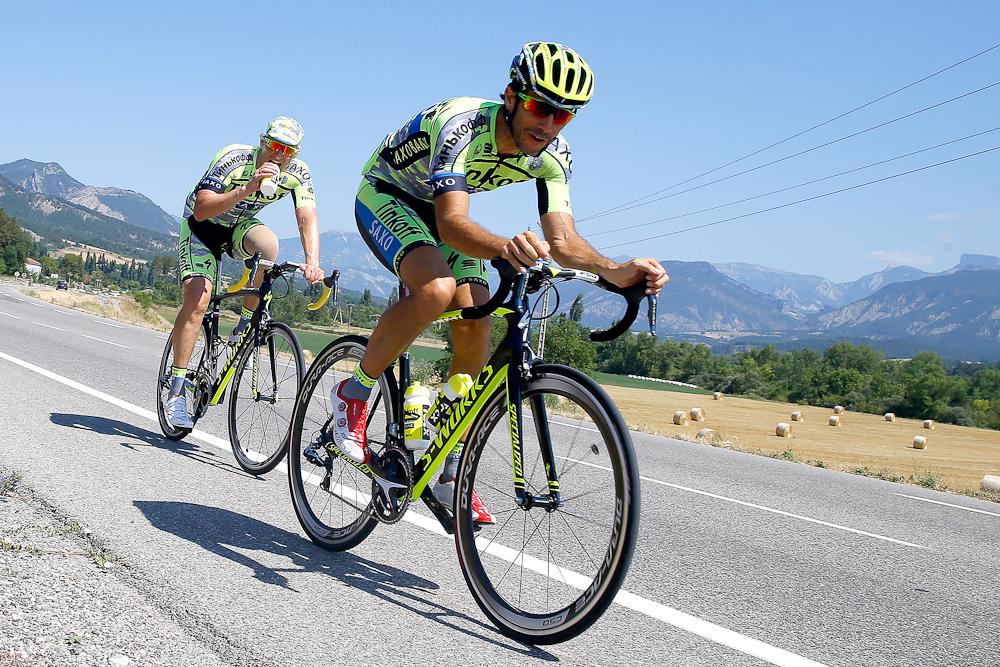
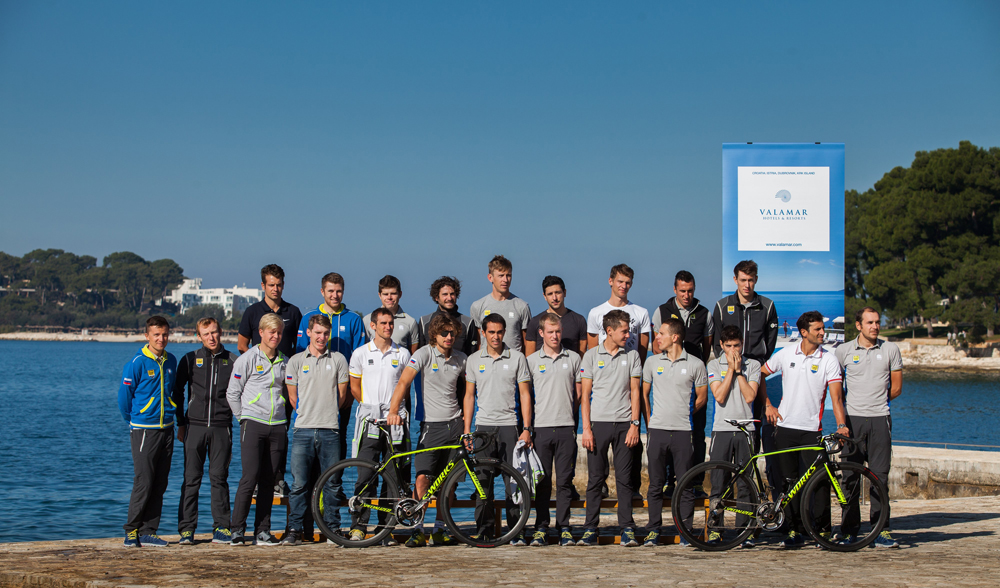
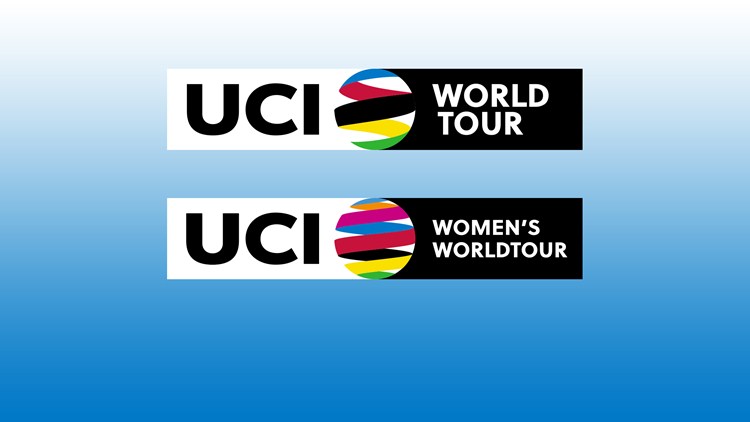
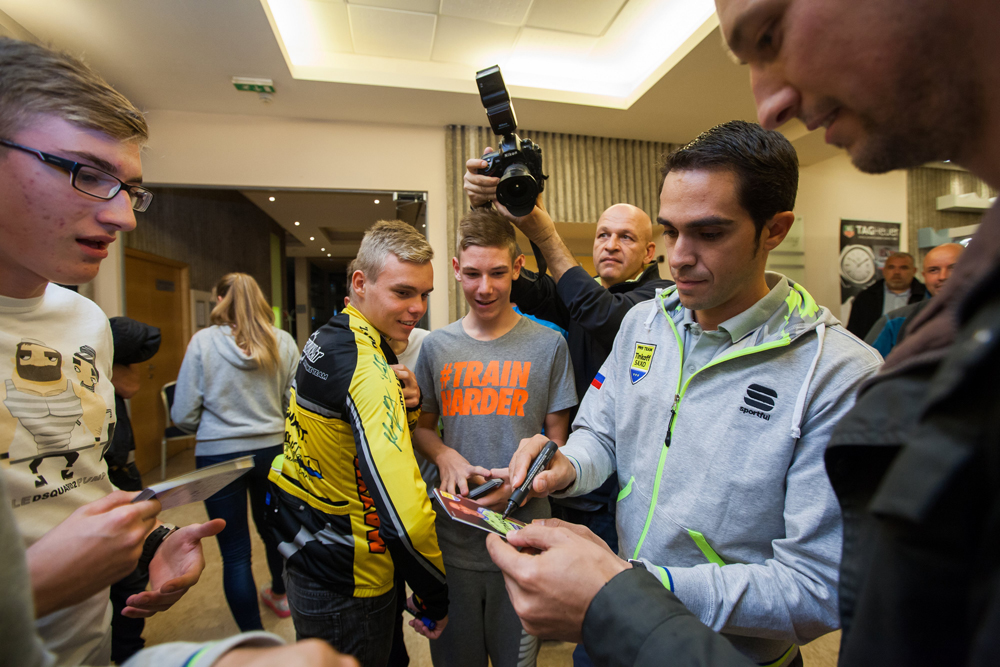
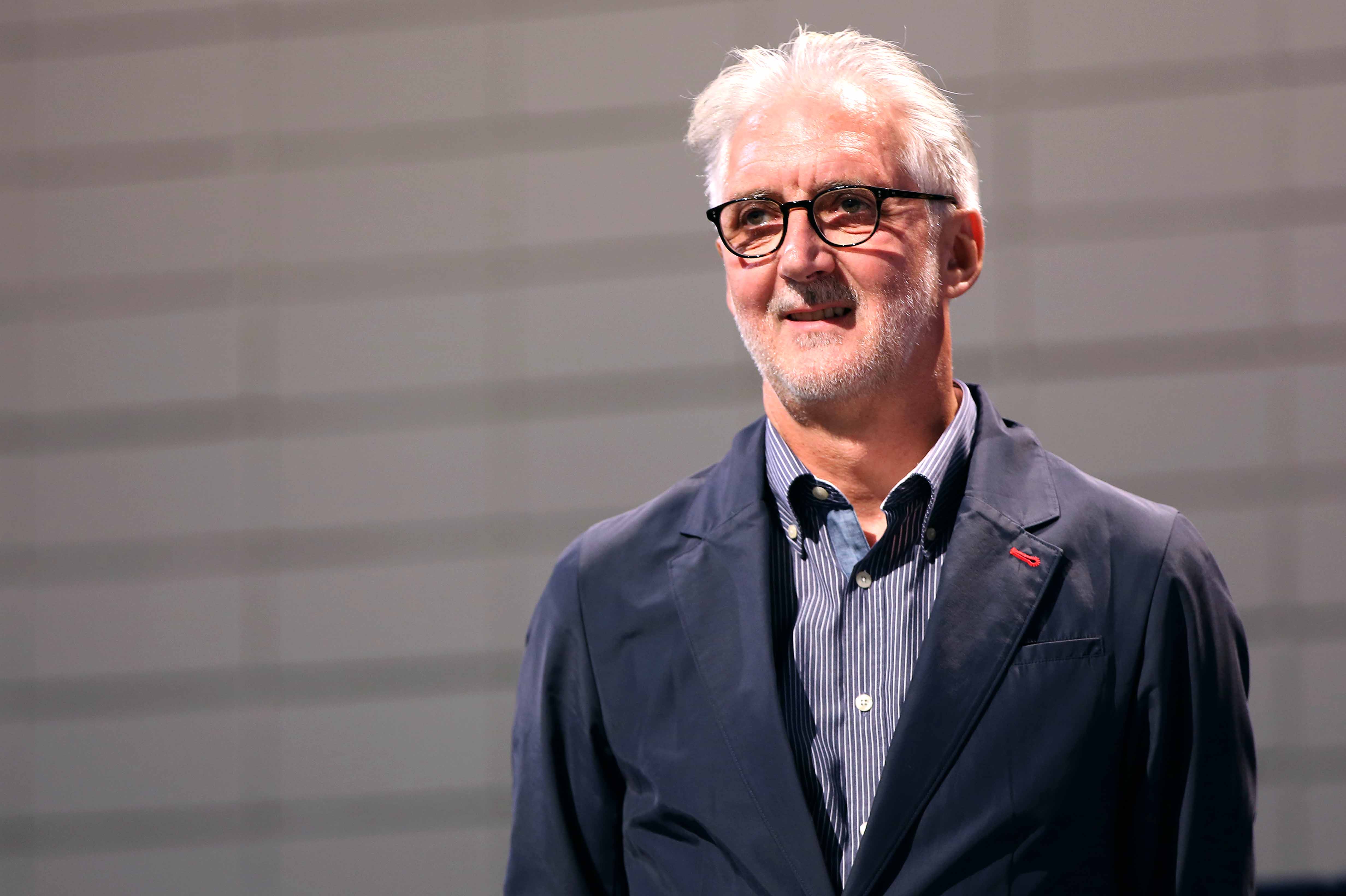
Tinkoff-Saxo's General Manager, Stefano Feltrin, has called on the UCI to step-up the pace surrounding their WorldTour reforms, and deliver a workable and detailed strategy or abandon them entirely before teams vanish from the sport.
The UCI reforms that centre around the WorldTour are due to come into effect in 2017 but have faced a series of stumbling blocks with the UCI and teams encountering resistance from ASO earlier this year. Despite the UCI announcing in September that reforms, in principle, had been agreed upon, Feltrin believes that the sport’s governing body needs to flesh out the proposals as a matter of urgency, with a number of teams’ futures up in the air until concrete reforms have been rolled out.
“We’re running out of time and we need to know exactly what it’s going to be like in 2017 and 2018, and what basis licences are going to be issued on,” Feltrin told Cyclingnews at Tinkoff-Saxo’s recent training camp in Croatia.
“It’s very scary when you ask if I’m confident for 2017. If things are like this then it’s going to be difficult for all the teams and race organisers.”
The UCI’s proposals involve the issuing of three-year licences for the WorldTour teams, a ranking system, and a modified WorldTour calendar. However, a number of leading teams, including Tinkoff Saxo and BMC Racing have their licences and sponsorships deals up for renewal at the end of next season. The UCI have talked about phasing in some of their reforms next year but haven’t announced which ones. While Feltrin, like the UCI, is seeking stability, he has called on the governing body to do more, and help push forward new revenue streams for the sport.
“It’s important to realise that teams aren’t fighting against race organisers. If we use this old model though it’s not helpful for anyone. It’s not about sharing revenues because the revenues that are there aren’t enough. If we say to the organisers, give us more of what you have, that’s a possibility, but it’s only applicable for a couple of bigger races like the Tour de France and maybe the Giro d’Italia,” Feltrin said.
“So it then becomes about creating new revenue streams or cutting the costs. I create visibility for my sponsors but I can’t create more visibility. So why would a sponsor pay more for what they already have? The UCI really needs to step up and timing-wise they’ve failed so far. It should have been done ages but they still have a chance to deliver.
Get The Leadout Newsletter
The latest race content, interviews, features, reviews and expert buying guides, direct to your inbox!
“It’s no secret that the majority of the teams believe that we need to have reforms that allow for different sources of income. Right now the current business model is not working,”
Feltrin, made the comparison to the cycling scene of nearly ten years ago, when leading WorldTour squads could exist on smaller budgets and still compete on a financial and sporting level. Since then the sport has seen squads such as Team Sky and Katusha come in and set the bar higher in terms of resources and costs. While budgets and riders’ salaries have increased, Feltrin points to the stagnation of revenues on offer to the teams.
“Teams in 2008 or 2009 had roughly half the budget that teams have now but the source of the income is still the same. Pick another sport, let's say soccer. How much is the sponsorship of the team shirt worth? Maybe 10 per cent of income but in cycling is around 95 per cent. That’s a model that can’t go on. You can’t go to existing or new sponsors and ask for more money for the same product.”
Will Oleg Tinkov carry on bankrolling the team?
Feltrin’s case is complicated by the fact that his boss and the Tinkoff-Saxo team owner, Oleg Tinkov, is set to fund the entire team in 2016. There’s no concrete plan in place for the Russian to keep dipping into his pockets beyond that date and Feltrin is aware that Tinkov has also, repeatedly, called for reforms of the sporting and sponsorship structure.
“We’ve had these questions at the start of year and the Tinkoff Bank project was a three-year project,” Feltrin said when asked about whether Tinkov would carry on sponsoring a team after 2016.
“At that point we’ll look but it’s not just about Oleg or Tinkoff Bank, it’s a much broader question because it’s difficult for a team manager to go and find team sponsorship when you don’t know what you can offer. We don’t know what cycling is going to be like after 2017 so the UCI reform needs to be finalised or abandoned.
“It’s already a trend,” he added, pointing the depth of WorldTour teams.
“There was a fight to get into the 18 but now we have 17 and honestly I think a couple of teams were given a friendly invite.”
The Bjarne Riis question
The last month has seen speculation mount around Bjarne Riis returning to the fray and buying the team back from Tinkov. Riis owned the team up until the end of 2013 but sold it to Tinkov. The Dane remained within the management structure until this spring, when Tinkov grew tired of a lacklustre string of results and fired Riis.
“When you have to change of course it’s not easy but things weren’t going as we expected and we needed a change. It was disruptive but it wasn’t the end of the world. We were able to adjust and re-group and go in a different way. I think that paid off.”
With regards to the future of Tinkoff-Saxo, and the chances of Riis returning, Feltrin remained on the fence but said that pragmatic realism was essential for any potential bid, whether it came from Riis or an alternative bid.
“I think you have to look at what the owner has said. He’s said that if someone has enough money to make an offer, then he’ll hear what they have to say. He’s a business man and ultimately he would consider an offer but is it real? I don’t know. Everything is possible in life but as of today we’re going on with the programme we have for next year. I would be the last to know though. If someone came in and bought the team they would bring in their staff.”
“I’ve not talked to Bjarne since he left the team. Yes, cycling is a small world and we hear a lot of stories but remember the Alonso project, there was an Australian team that was rumoured too. I’ve been in other sports and there are always others that want to do something and everyone has a wish list but then you need to face reality and look at your resources. We are on the elite of the sport and it’s becoming an increasingly expensive sport. You need enough money to purchase the team and then to run the team. They’re two different things.”
Daniel Benson was the Editor in Chief at Cyclingnews.com between 2008 and 2022. Based in the UK, he joined the Cyclingnews team in 2008 as the site's first UK-based Managing Editor. In that time, he reported on over a dozen editions of the Tour de France, several World Championships, the Tour Down Under, Spring Classics, and the London 2012 Olympic Games. With the help of the excellent editorial team, he ran the coverage on Cyclingnews and has interviewed leading figures in the sport including UCI Presidents and Tour de France winners.
